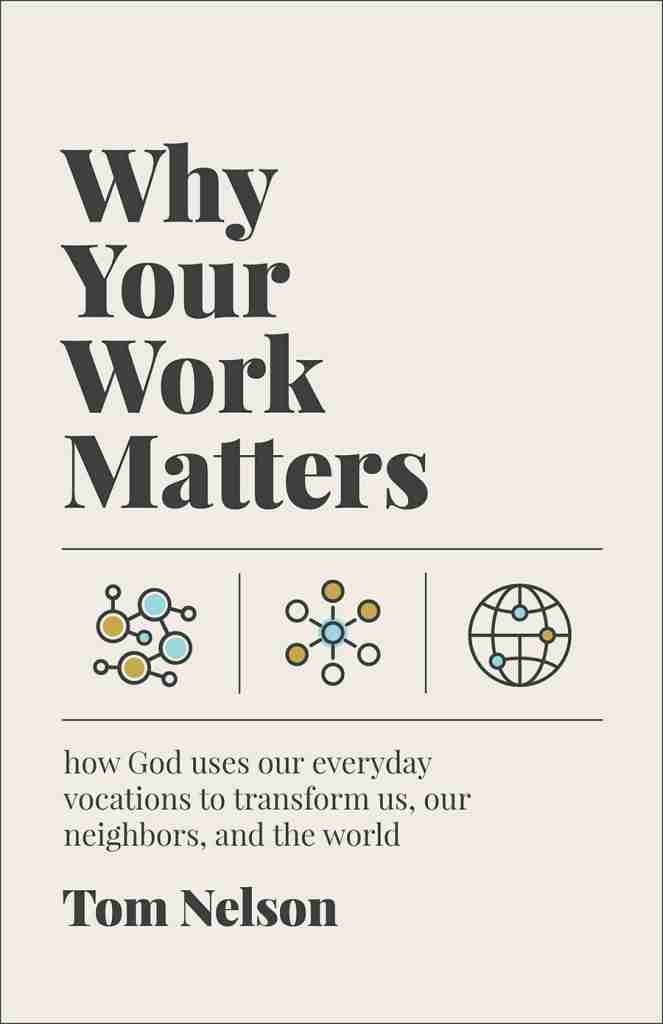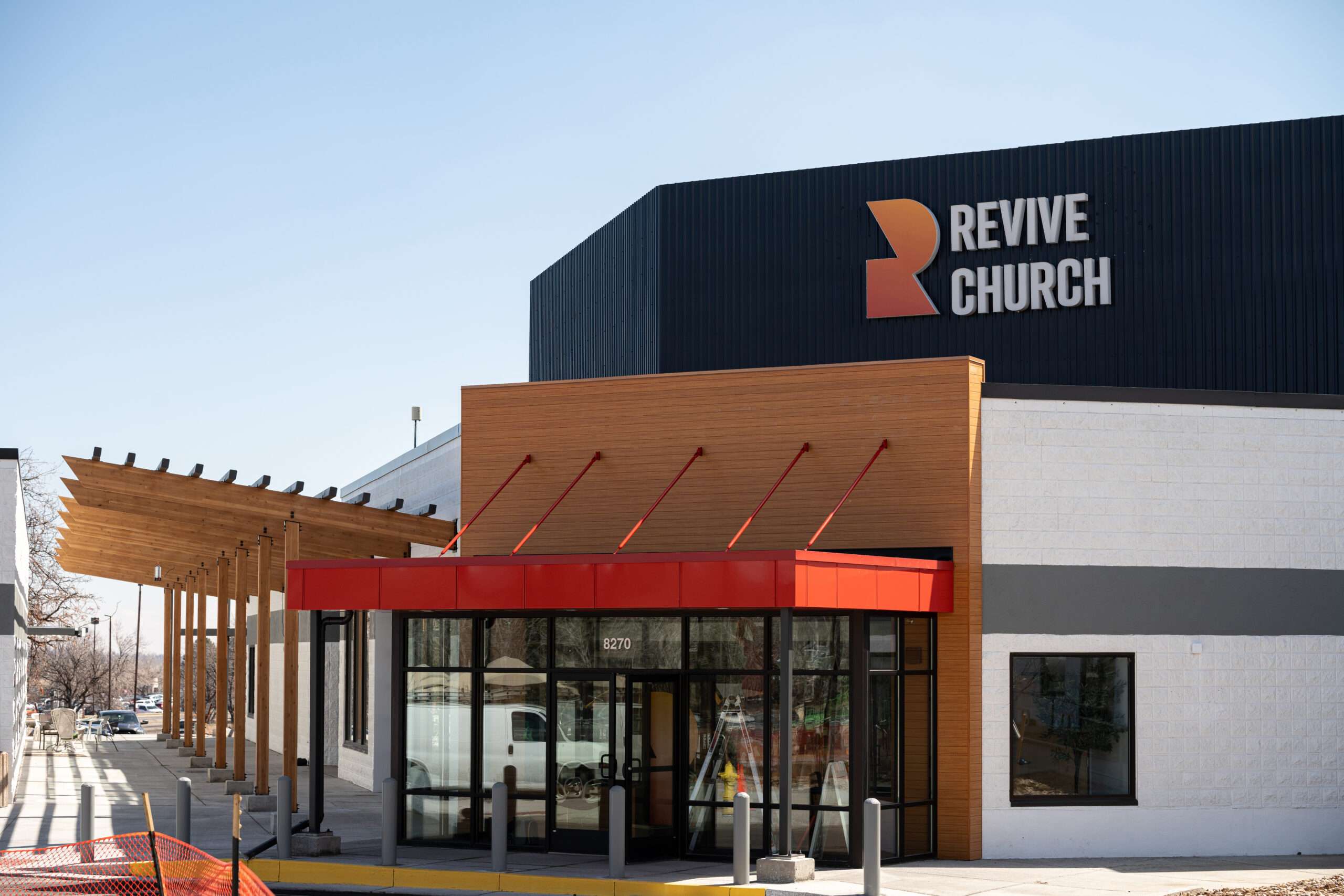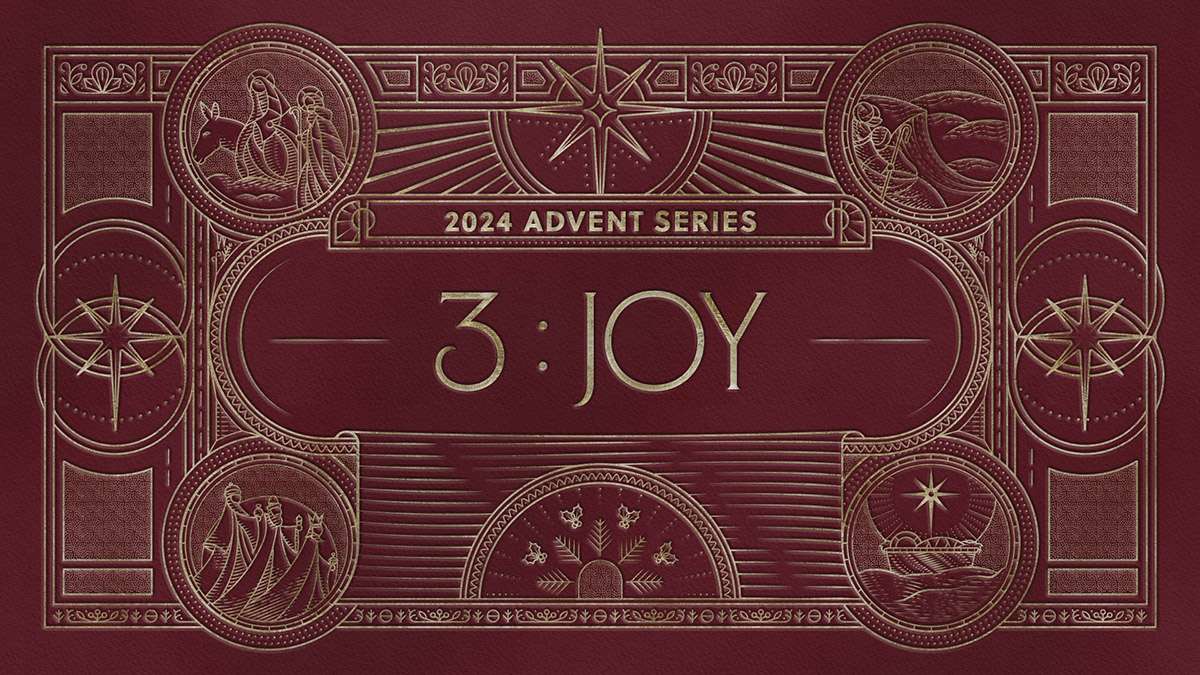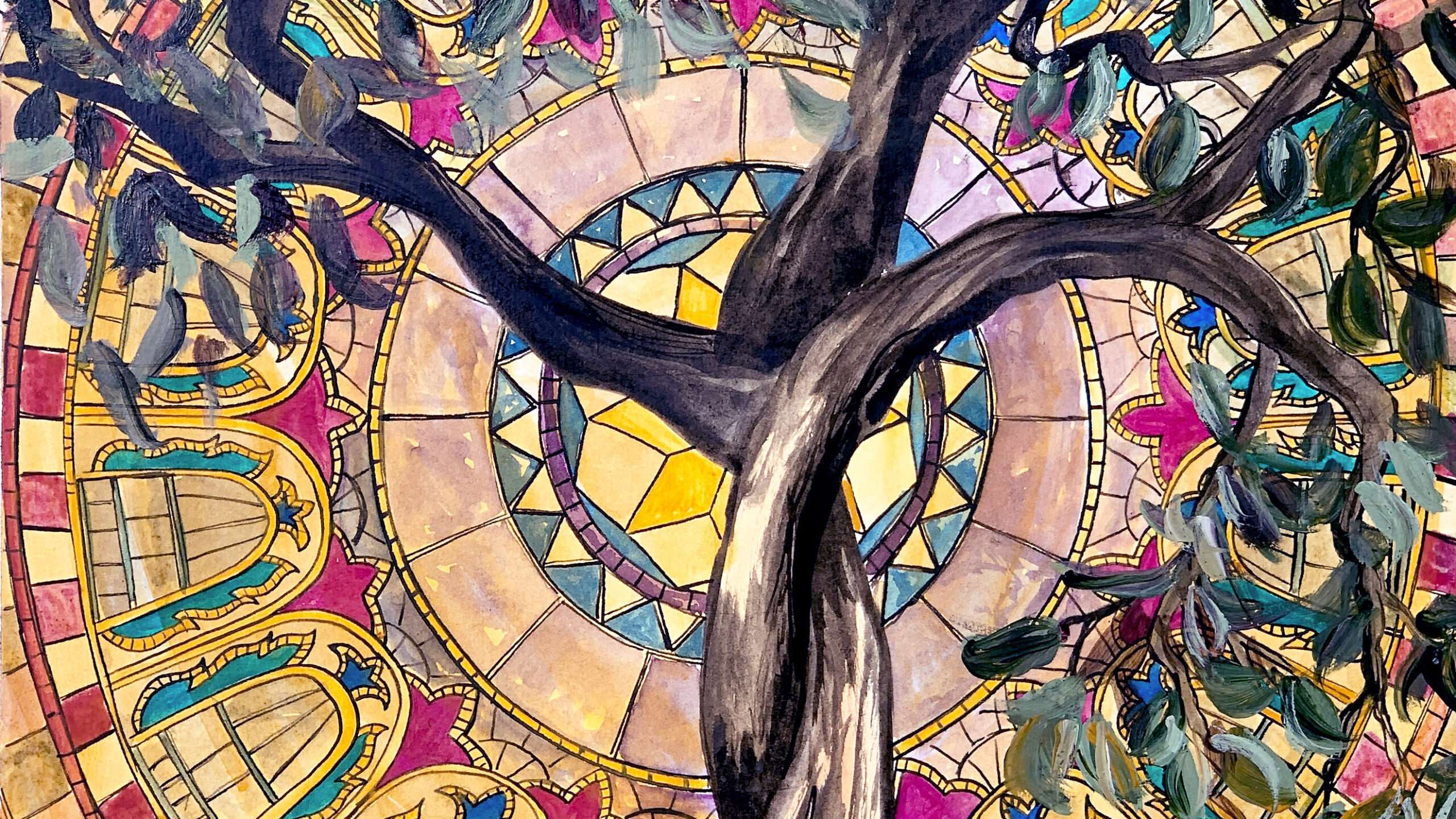
This is essay was adapted from Why Your Work Matters, published by Brazos Press, a division of Baker Publishing Group, copyright 2025. Used by permission.
Mayo Clinic–trained pathologist who has a distinguished career in Kansas City texted me recently that he was on the edge of burnout. We met at a local coffee shop, where he described to me the overwhelming work he is navigating, including staffing shortages, longer hours, exhaustion, and a host of technological changes and economic pressures. The quiet desperation on his face was articulated as he said, “I don’t think I can do this anymore.”
Perhaps that is where you find yourself in your work world, or maybe you feel like you are moving quickly in that dire direction. Maybe a colleague or close friend is in the black hole of burnout and you are not sure how to help.
In a report on burnout in the medical profession, the Wall Street Journal noted a few years ago that “hospitals have been chronically understaffed and nurses and doctors complain of high stress and exhaustion. In a survey of more than 12,500 nurses by the research affiliate of the American Nurses Association, 43 percent of nurses said they were burned out.”
But burnout is rampant everywhere, not just the medical profession. I have many conversations with those in people-intensive vocations whose health and well-being are deteriorating. Their words to me are almost verbatim “I am not sure I can do this anymore.” Why does burnout seem to be on the rise everywhere we look? Why do so many of us feel like we are running on empty? Intensifying cultural change and pressure is one contributing factor.
Increasing cultural macro-pressures are fueling burnout. We sense in unsettling and disorienting ways what the psalmist declared long ago: “When the foundations are destroyed, what can the righteous do?” (Ps 11:3). The very worldview and ethical foundations we have stood on are crumbling around us. The way many people have come to understand faith itself, our sense of self-identity, and our formation as apprentices of Jesus in an increasingly secular framework has profoundly changed. In 2023, the nonprofit Renovaré convened 11 roundtables with 35 leaders from a wide array of sectors including arts, media, technology, politics, mental health, higher education, Christian nonprofits, and the church. From that group of thought leaders, four macro themes emerged around our cultural moment and context.
First, we live in a time of deep instability manifesting in panic, isolation, and loneliness. Second, there is a great deal of polarization and breakdown across institutions, including the church. Third, more and more people don’t know who they are, whose they are, what is true, or where they belong. Fourth, there is growing evidence of the widescale loss of confidence in leaders because of abuses of power and tragic character flaws.
The increased overload in the workplace, the overwhelming bombardment of information, and the dizzying amount of technological change are all contributing to the emotional, spiritual, relational, and physical depletion of burnout. And if our job description depletes us of energy rather than giving us energy to do what we love, we are much more susceptible to burnout. At burnout level, stress doesn’t care about our deadlines. High levels of stress create a ticking time bomb ready to explode.
A Burned-Out Prophet
While the term “burnout” is relatively new, the Old Testament records the story of someone who had a big burnout moment. His name was Elijah, and he worked as a prophet. Prophets served as spokespersons for God to communicate divine words to his covenant people and speak truth to power. We find Elijah’s story in the book of 1 Kings. Elijah has expended great energy in his work, confronting the false gods of Baal and achieving a visible milestone of victory. Yet immediately following this workplace success, Elijah goes into emotional free fall. The powerful and ruthless queen Jezebel sends a message to Elijah that he is a dead man walking. With a contract out on his head, Elijah breaks down in fear and runs for his life to a far barren wilderness. Running on empty and frozen in fear, Elijah hits rock bottom and cries out to God: “But he went on a day’s journey into the wilderness. He sat down under a broom tree and prayed that he might die. He said, ‘I have had enough! Lord, take my life, for I’m no better than my ancestors’” (1 Kings 19:4).
After expending so much spiritual, emotional, and physical energy, Elijah is all out of gas. This level of exhaustion and depletion not only numbs courage; it evaporates hope. In this black hole of burnout, Elijah feels exhausted and desperately alone. At that point, death seems the best way out of his misery and overwhelming hopelessness.
The rest of Elijah’s story reveals that through both supernatural and natural interventions, he bounces back from burnout to resilience. Elijah needs bodily replenishment through some badly overdue sleep as well as nourishing food. God sees to it that Elijah gets a nap and a snack. In addition, God lets Elijah know he is not alone and gives him a 40-day break from his work for rest, restoration, and replenishment. When we are burned out it takes longer to recover because a day or two’s rest doesn’t relieve the exhaustion and hopelessness. Elijah’s story is both sobering as well as hopeful for us. Workplace burnout does not have to stop us in our tracks, define us, or prevent a good future. Few of us are called to be a prophet confronting idolatry and speaking truth to power. However, if we are going to reverse the tide on workplace burnout, self-care in and out of the workplace will be crucial.
On the Precipice of Burnout
Over the course of several decades, I have had the privilege of serving in nonprofit leadership. Whether facing the demands of entrepreneurship or moving an organization to greater health and missional effectiveness, I have at times found myself on the precipice of burnout. Burnout is a very overwhelming, lonely, and hopeless place. Yet as I approached the valley of the shadow of burnout, I discovered some impoverished theology that needed attention and correction. I had viewed the idea of self-care as inherently selfish rather than a high stewardship both as a follower of Jesus and as a servant leader. I knew that the Great Commandment to love God was of high importance, but what I did not grasp as fully was loving my neighbor “as myself.”
Embedded in Jesus’ teaching on the Great Commandment is the proper ordering of our loves, including a proper love of ourselves as an image bearer and beloved child of God. Self-care properly understood involves attending to ourselves so that out of the overflow of well-being we can be fully present and faithful in what God has called us to be and do. We cannot give what we don’t have, and we cannot lead well unless it is out of an overflow of our own flourishing minds, hearts, bodies, and souls. A regular assessment of our own well-being is paramount in stewarding the life God has so graciously given us.
Burnout or Resilience?
The main difference between a life of resilient flourishing and one of burnout is the ongoing attentiveness to one’s self-care, a recognition that holistic well-being is a daily pursuit. The most important aspect of self-care is a flourishing spiritual formation centered in apprenticeship with Jesus. A foundational element of burnout is a lack of ongoing spiritual formation and vitality, of daily experiencing the empowering and life-giving presence of Christ. Jesus himself guides us into the path of human flourishing. He is the lamp to our feet and the light to our path. In Matthew’s Gospel, Jesus extends to us the great invitation to human flourishing. Jesus says, “Come to Me, all who are weary and heavy-laden, and I will give you rest. Take My yoke upon you and learn from Me, for I am gentle and humble in heart, and you will find rest for your souls. For My yoke is easy and My burden is light” (Matt 11:28–30).
Jesus invites us to an intimate apprenticeship. In this text, notice that Jesus repeats “rest” twice. By using the word “rest,” Jesus is looking back at God’s perfect design for human flourishing recorded for us in Genesis 1, where after six days, God rested. Rest here encapsulates the flourishing life God desires and intends for us to experience in and through Jesus as we put on his yoke. It is being yoked with Jesus in the power of the Spirit in a local church community where we experience the deepening intimacy of the “with God” life. Jesus invites us to a life of rest, where we know and are intimately known by Christ.
In The Message paraphrase, Eugene Peterson captures Jesus’ invitation beautifully: “Are you tired? Worn out? Burned out on religion? Come to me. Get away with me and you’ll recover your life. I’ll show you how to take a real rest. Walk with me and work with me — watch how I do it. Learn the unforced rhythms of grace. I won’t lay anything heavy or ill-fitting on you. Keep company with me and you’ll learn to live freely and lightly” (Matt 11:23–30). When we put on Jesus’ yoke, we embrace his precepts and practices. We obey what he taught and live how he lived. Walking in step with him, we increasingly learn how to live as if he were us. In his training yoke, we learn the rhythms of the flourishing life, what Peterson describes as the “unforced rhythms of grace.” As we learn from the Good Shepherd in the midst of the noisy clamor of our lives and our world, we lie down in green pastures, we are led beside still waters, and our souls are replenished and restored.
One of the great privileges of my life was to spend time with Dallas Willard, one of the most brilliant and Christlike persons I have ever known. He was once asked what one word he thought best described Jesus. Dallas paused for a moment and then responded, “relaxed.”
How would you answer that question? What word comes first to your mind?
From the New Testament accounts of Jesus’s life and work we can see that he modeled a life of sacrifice, but he also modeled a flourishing life, one that embraced self-care at a sustainable pace, healthy patterns, and life-giving people. There is no indication that Jesus ever faced burnout. It is a good reminder for us that Jesus did not try to meet every human need or request. He said no. Like us, Jesus experienced human limitations. If Jesus said no to people and to more work, so can we. He regularly pursued his own spiritual disciplines, nurturing intimacy with the Father. In the midst of such an overwhelming mountain of human need, Jesus encouraged his disciples to embrace self-care. His wise and tender words to them are also directed to us: “Come away by yourselves to a remote place and rest for a while” (Mark 6:31).
It is common to focus on how burnout harms us and others, but we often fail to reflect on the opportunity cost of burnout — the good things in life that we miss because we’re so tired. Burnout robs us of the joyful and creative life of flourishing God designed and wants for us. C.S. Lewis had a lifestyle pattern that included walking in nature outside two hours a day. Lewis thought and wrote a good deal on this pursuit of joy, writing that “joy is the serious business of heaven.” As hopeful as that sounds, we don’t have to wait until eternity to experience joy. In our apprenticeship with Jesus, the joy of a flourishing life is available to us here and now.





